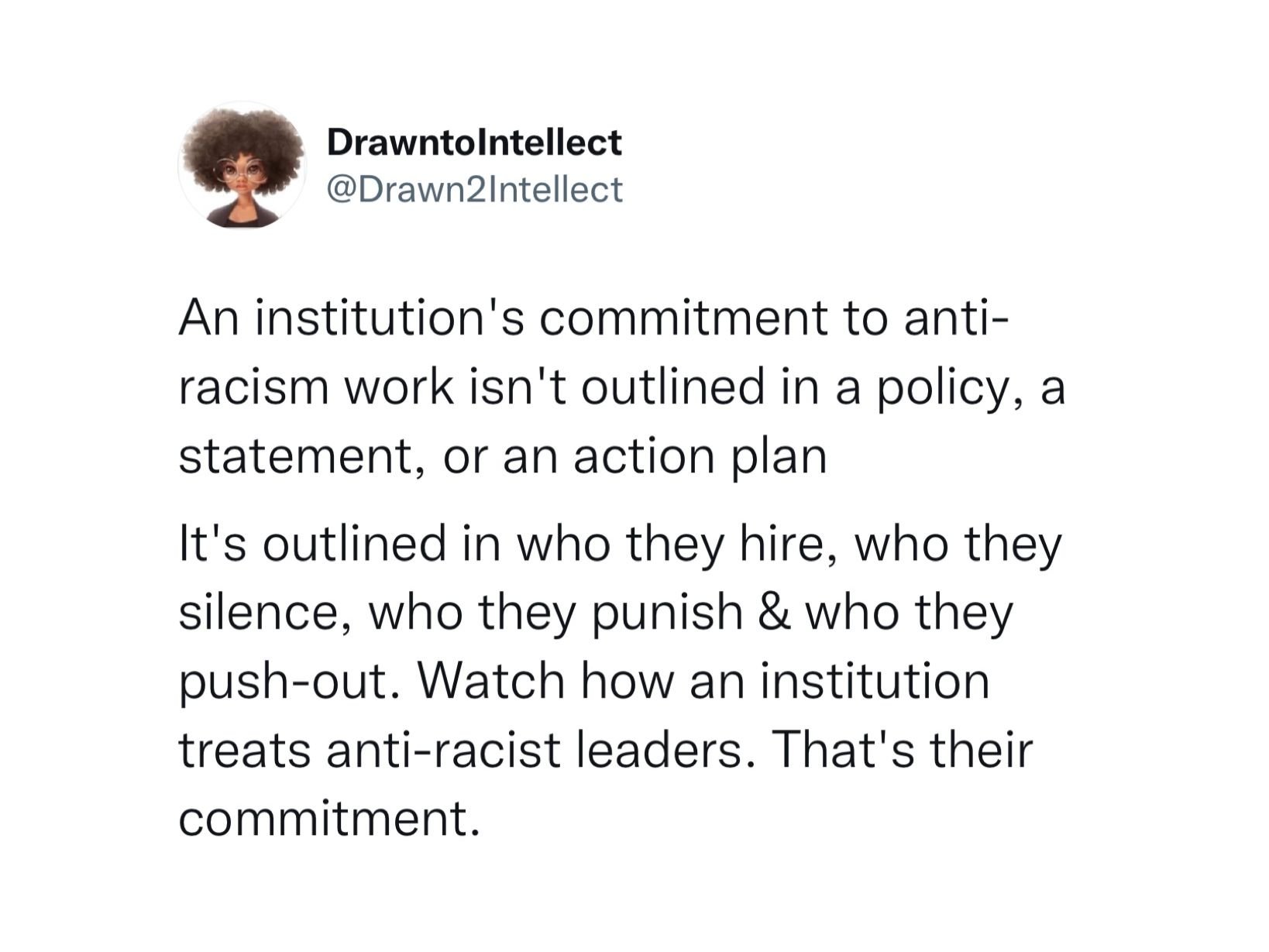Do all founders get a second (or third) chance?
Who doesn't love a comeback? After a troubled IPO, WeWork co-founder Adam Neumann has successfully raised over $350million for his next venture from leading venture fund a16z 💸
While we celebrate bouncing back from previous mistakes, we couldn’t help but think of all the underrepresented founders who struggle to get a first shot at venture funding, let alone a second or third one. The pressure to excel the first time and ‘represent’ everyone else can be crippling.
Underrepresented founders get less than 3% of VC funding, and it’s not because they’re not as competent. Performance bias plays a role too, especially when people fund and hire ‘in their own image’.
Performance bias is so significant because it shapes our thoughts and perceptions, this shapes our actions and how we design the world we live in. In a world where competent diverse founders have limited access to resources that help them innovate, we miss out on opportunities from a huge segment of talented minds.
That's why our vision is to help redistribute power equally and promote inclusion across all aspects of the business world. The more of us that have equal access to resources and opportunities, the faster we're able to create a society that is productive and sustainable for the future.
However, some Silicon Valley veterans argue this isn’t such a big deal, and it’s just ‘how a16z’ hire… we beg to differ. What do you think? Let us know
What we're reading & watching 📺
[Video] Are we automating prejudice? From autocorrecting ethnic names to flagging ‘misogynoir’ — tech is rarely ever neutral. The products we use are shaped by the inherent human bias of those who build them. So what’s the solution? Be open to questioning your own assumptions and biases we hold, especially when creating products, building teams and reviewing performance. This takes time and awareness. It’s a journey that doesn’t have a ‘quick fix’. Watch more here
[Video] Who do you challenge? Sometimes what feels like an innocent, neutral series of questioning. In a recent mini-social experiment, one Twitter user found that her male friends almost always disagreed with a woman the first time she spoke. Hustle Crew consultant Ademusoyo explains



